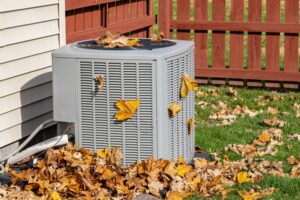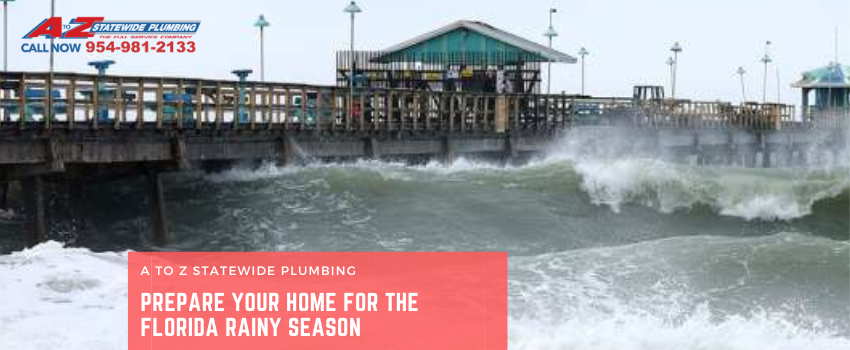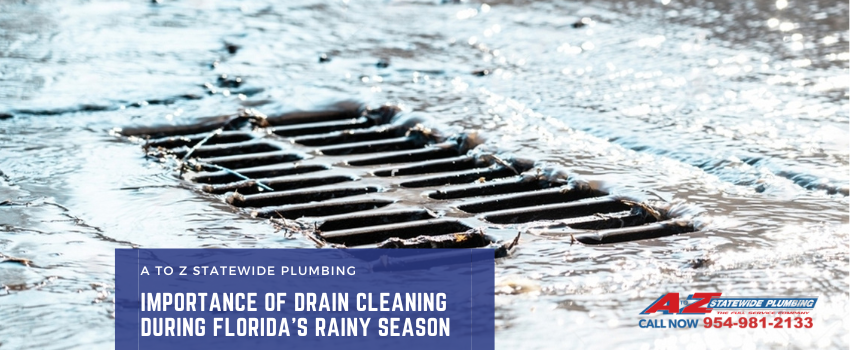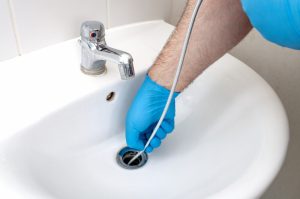Top Signs Your Home Needs a Plumbing Upgrade
Every home relies on a good plumbing system to function smoothly. Over time, however, wear and tear can take a toll on your pipes, fixtures, and appliances. Ignoring these issues might lead to bigger problems and costly repairs. Knowing when to upgrade your plumbing can save you time, money, and frustration.
Sometimes, frequent plumbing repairs are a sign that it’s time for an upgrade. If you are constantly fixing leaks, unclogging drains, or dealing with low water pressure, it might be a signal that your plumbing system is outdated or failing. Upgrading your plumbing can provide a more reliable and efficient system, giving you peace of mind.
In this article, we’ll go through some of the key signs that indicate your home may need a plumbing upgrade. Understanding these signs can help you decide when it’s time to take action. So, let’s dive in and explore how you can keep your plumbing in top condition.
Frequent Plumbing Repairs: When to Consider an Upgrade
Is your home’s plumbing causing you constant headaches with frequent repairs? Repeatedly fixing leaks, clogs, or toilet issues can be a sign that your plumbing system needs an upgrade. Frequent repairs can add up quickly in costs and time, making it more practical to consider a full system replacement.
Aging pipes are one of the main culprits for frequent repairs. Old pipes can corrode, rust, and become brittle, leading to leaks and bursts. If you find yourself calling a plumber more often than usual, it may be time to replace those old pipes with new, durable materials like PEX or copper.
Another sign to consider an upgrade is if you’re constantly dealing with drain issues or low water pressure. Poor performance can indicate that your plumbing system has reached the end of its lifespan. Upgrading your plumbing not only solves these issues but can also improve water efficiency, saving you money on your water bill in the long run.
Low Water Pressure: Causes and Solutions
Experiencing low water pressure can be frustrating. It makes simple tasks like showering or washing dishes take much longer. Low water pressure has several possible causes, and identifying the root of the problem can help you decide the best course of action.
1. Clogged Pipes:
– Over time, mineral deposits can build up inside your pipes, restricting water flow and leading to low pressure. Professional cleaning or pipe replacement may be necessary to fix this issue.
2. Leaking Pipes:
– Hidden leaks can reduce water pressure. If you notice damp spots on your walls or ceilings, it’s crucial to have a plumber inspect your system for leaks and make necessary repairs.
3. Faulty Fixtures:
– Sometimes, the problem lies in the fixtures themselves. Older or malfunctioning faucets and showerheads can affect water pressure. Replacing these fixtures can often resolve the issue.
4. Municipal Supply Issues:
– Occasionally, the problem may not be within your home. Municipal water supply issues can lead to low pressure. Contact your local water provider to see if there are any known problems.
By identifying the cause of low water pressure, you can determine the appropriate solution, whether it’s cleaning your pipes, fixing leaks, or upgrading fixtures. Taking care of these issues can restore proper water flow and improve your overall plumbing experience.
Persistent Drain Issues: Signs of Bigger Problems
Dealing with persistent drain issues can be more than just a minor inconvenience. If your sinks, showers, or toilets are frequently clogged or draining slowly, it might be a sign of a bigger problem lurking in your plumbing system. Ignoring these signs can lead to severe damage and costly repairs.
One common cause of persistent drain problems is a blockage in the main sewer line. Tree roots, debris, and buildup can cause serious clogs that affect the entire home’s drainage. You might notice multiple drains getting backed up at the same time. This situation requires professional drain cleaning to clear the blockages and ensure proper water flow.
Another issue could be pipe damage. Old or damaged pipes can lead to recurring clogs and slow drainage. Cracks, corrosion, or misalignment in pipes can obstruct water flow and cause frequent problems. If you’re experiencing consistent drain issues, it might be time to have your pipes inspected and possibly replaced.
Ignoring persistent drain problems can lead to bigger headaches down the road. Early detection and addressing the root cause can save you time and money, and keep your plumbing system running smoothly.
Outdated Fixtures and Appliances: Time for a Replacement
Old fixtures and appliances not only look outdated but can also impact the efficiency and reliability of your plumbing system. If your faucets, toilets, and other fixtures are showing signs of wear and tear, it might be time to consider an upgrade.
Older toilets, for instance, can use a lot of water per flush compared to modern, water-efficient models. Upgrading to a new toilet can save significant amounts of water and reduce your utility bills. Similarly, leaky faucets or showerheads can waste water and lead to higher bills. Replacing them with newer models can improve water efficiency and your bathroom’s overall look.
These fixtures may also develop rust, corrosion, or mineral buildup over time, affecting their appearance and performance. Old appliances like water heaters or dishwashers may not work as efficiently as they once did, leading to higher energy and water use. Upgrading your appliances can improve performance and reduce costs in the long term.
By replacing outdated fixtures and appliances, you can enhance your home’s plumbing efficiency and aesthetics, making your daily routines more comfortable and cost-effective.
Conclusion
Determining when your home needs a plumbing upgrade is crucial for maintaining a reliable and efficient system. Frequent repairs, low water pressure, persistent drain issues, and outdated fixtures are all signs that it might be time to take action. Addressing these problems promptly ensures your plumbing works smoothly, reduces water waste, and prevents costly repairs in the future.
Unsure if your home needs a plumbing upgrade? Contact The Irish Plumber. Our expert team can help you assess your plumbing system and recommend the best solutions. Call The Irish Plumber today to schedule an inspection or plumbing services in Ottawa. Let us help you keep your home’s plumbing in top shape.




